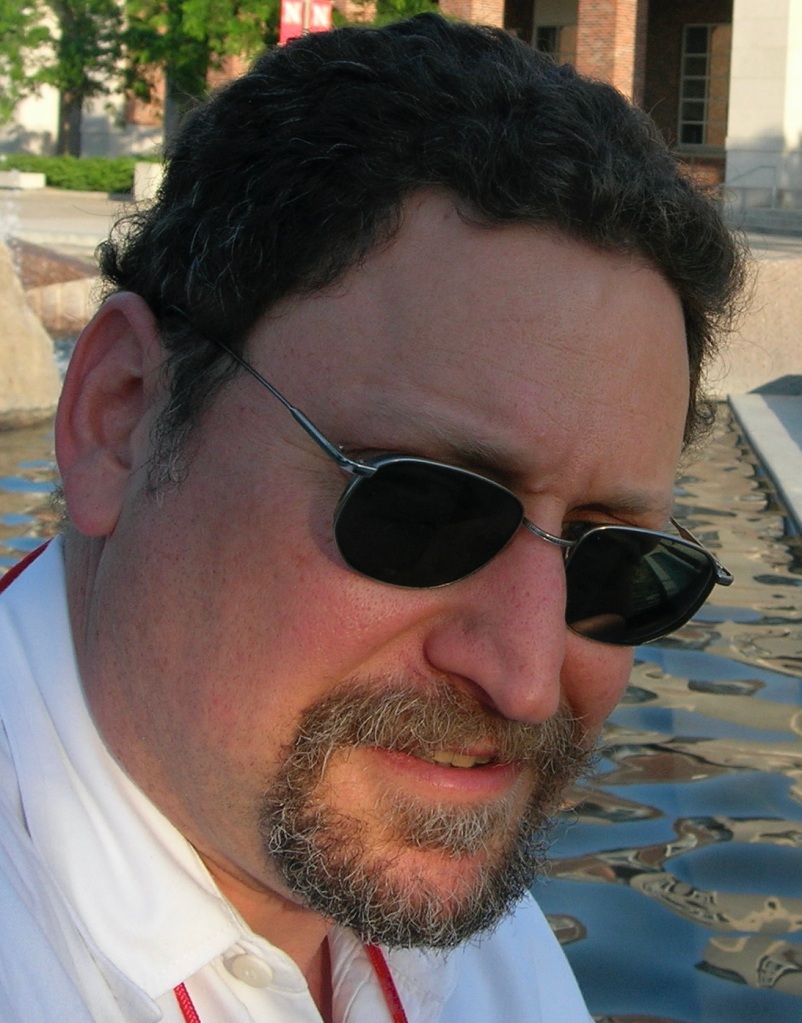Uniforms such as these guard the many Tombs of the Unknown Soldier. Some tombs contain parts of several bodies. Some contain parts of civilian bodies as well as parts from soldiers’ bodies because who knows whose foot is found on the bombed-out street or whose head. In all wars, mistakes are made.
Below city streets are unexploded bombs who believe that in the world above, the war still rages. What does a bomb know about the difference between the rumble, twenty feet above, of troop transports and the rumble of reconstruction equipment? What does it know of the subtle distinction between young men trenching mud from a defensive position and small children digging holes to the other side of the earth? Why should a bomb, secreted beneath its target, fail in its duty to country?
At this moment of national flags and stiff raised legs and memorials to the unnamed dead, an enormous machine prints books whose verbs are entirely in present tense. Imagine, it says to its students, that you are Abraham Lincoln, Franklin Roosevelt, Lyndon Johnson, George Bush. Imagine that you fight in the First, the Second, the Vietnam, the Iraq War. It is 1914, 1939, 1968, 2004. Imagine that you are a flag, how proudly you fly. Imagine that you are a bomb, buried deep, armed against enemies who forget that they are enemies, and it is your job to remind them.
This moment of presidents, advisors, and tycoons persists throughout a limitless present. In this endless now, supremos order long-stemmed roses from Ecuadorian plantations. They command staff to clean their hotel suites. They request thermostat adjustments. They require that management warm their rooms with British coal disinterred from Whitehaven and Alaskan oil extracted from the Beaufort Sea. Their courteous demands end with exclamation points that burn with a meteor’s melodrama.
Immediate is the name for the exact now in which the stock trade is executed, the currency revalued, the left leg elevated so that it is parallel to the earth, a timber of flesh and bone floating above a bomb that waits in the underworld. Immediate is the name for one hundred ninety-three flags and for all the earth’s goods and services.
The past and future are not lied about. They are devoured by the present, as are the entombed unknowns, the buried bomb, the ritually marching guard, the roses in their vase, the chocolates on the hotel room pillow, the radiator’s comforting warmth.
It is hard work creating a present out of no past and sustaining it into no future. The buried bomb wonders who does all this work. Such a thoughtful, philosophic bomb.

Tom Laichas is author of Three Hundred Streets of Venice California (FutureCycle Press, 2023), Sixty-Three Photographs From the End of a War (3.1 Press, 2021), and Empire of Eden (The High Window Press, 2019). His most recent work appears or is forthcoming in The Los Angeles Times, Plume, The Moth (Ireland), the Irish Times, Breakwater, and elsewhere. He lives in Venice, California.

Leave a Reply